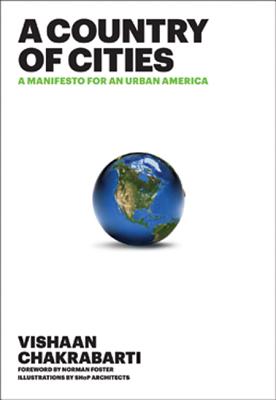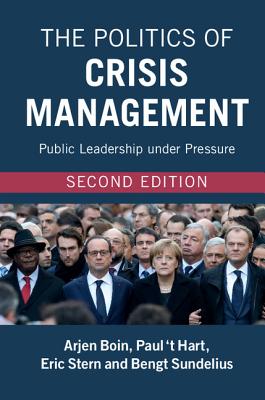
description
2
"Chakrabarti has written a wonderful book about the potential of America's cities. He argues convincingly how the country would benefit economically and environmentally if the suburbs started to move back to the cities, and he offers specific policy suggestions to accomplish that objective. Read this book, and you'll want to live in a city." -Former US Senator Bill Bradley
In A Country of Cities, author Vishaan Chakrabarti argues that well-designed cities are the key to solving America's great national challenges: environmental degradation, unsustainable consumption, economic stagnation, rising public health costs and decreased social mobility. If we develop them wisely in the future, our cities can be the force leading us into a new era of progressive and prosperous stewardship of our nation. In compelling chapters, Chakrabarti brings us a wealth of information about cities, suburbs and exurbs, looking at how they developed across the 50 states and their roles in prosperity and globalization, sustainability and resilience, and heath and joy. Counter to what you might think, American cities today are growing faster than their suburban counterparts for the first time since the 1920s. If we can intelligently increase the density of our cities as they grow and build the transit systems, schools, parks and other infrastructure to support them, Chakrabarti shows us how both job opportunities and an improved, sustainable environment are truly within our means. In this call for an urban America, he illustrates his argument with numerous infographics illustrating provocative statistics on issues as disparate as rising childhood obesity rates, ever-lengthening automobile commutes and government subsidies that favor highways over mass transit. The book closes with an eloquent manifesto that rallies us to build "a Country of Cities," to turn a country of highways, houses and hedges into a country of trains, towers and trees. Vishaan Chakrabarti is an architect, scholar and founder of PAU. PAU designs architecture that builds the physical, cultural, and economic networks of cities, with an emphasis on beauty, function and user experience. PAU simultaneously advances strategic urbanism projects in the form of master planning, tactical project advice and advocacy.member goods
No member items were found under this heading.
Return Policy
All sales are final
Shipping
No special shipping considerations available.
Shipping fees determined at checkout.







